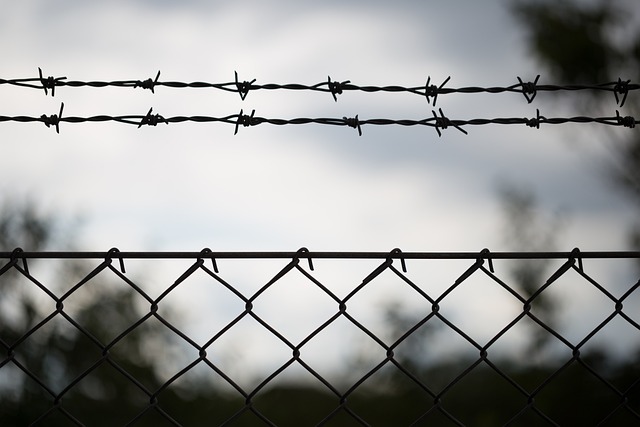There are many high-risk properties including military bases, government buildings, corporate headquarters, data centers, and other types of critical infrastructure that require a heightened sense of security. In nearly all of these cases, one of the most integral methods that are effective is a security fence. However, not all security fences are the same.
In order to effectively fortify and secure a high-risk target, it’s vital to choose materials that are durable, strong, and resistant to the environment. In addition, they must be challenging to scale and difficult to penetrate as well as applicable to the specific security requirements at hand. Regardless of whether it’s people or property that you’re securing, you’ll find that some are more ideally suited for the job at hand than others.
To better help you understand the best kind of security fencing and car park barrier for critical infrastructure and government properties, you’ll want to check out these expert insights.
Pros And Cons Of Chain Link Security Fences
Chain link is definitely one of the more popular options for security fencing. It may even be the first choice that many businesses consider. It’s vital to understand that chain link isn’t always the best option. Here are some of the more notable characteristics explained in more detail to help you understand the options and variables.
Chain link security fencing is usually comprised of galvanized steel. It may also be coated in vinyl as an extra precaution as well as for aesthetics. This fencing is weatherproof and durable against heat, moisture, and cold. Chain link is also a low-maintenance option and less costly which makes it the ideal choice for many businesses.
By contrast, there are some high-security businesses where chain link isn’t the best option out there. Those who require an impossible fence to climb or break through won’t want to opt for a chain link fence. If a business is seeking to limit the visual of what is going on to the outside world, such as a military operation would also want to avoid chain link fencing. There are many types of businesses that would require welded mesh fencing or a concrete wall type of fencing to protect the security and integrity of the business.
Applications For Welded Wire Mesh Fencing
Welded wire mesh offers proper spacing to ensure that no one can climb the fence or penetrate it with hand or standard tools. The installation may be performed with a vertical or a horizontal mesh alignment. This may also be applied to an existing chain link fence to improve security.
A lot of organizations and high-security businesses rely on a combination of fencing. This combination may include welded wire mesh and expanded metal or louvered panels that create a perimeter of fencing that will require highly sophisticated means of forced entry. Due to the uniqueness of the application, many of the following businesses prefer this type of fencing.
- Prisons
- Utility substations
- Airports
- Schools and campuses
- Postal facilities
- Stadiums
- Embassies
- Military installations
- Chemical plants
- Power plants
Precast concrete walls are one of the more impenetrable forms of high-security fences that offer excellent defense measures when required. Precast concrete is virtually impossible to scale. It offers the unique advantage of bullet resistance, and it can withstand hurricane-force winds. Solid concrete security fences are also a very popular choice. When there’s a threat to critical infrastructure, such as electrical substations.
An additional benefit of a concrete barrier is that it offers a sound barrier when noise might be a consideration. It may be used in strongly engineered retaining walls as a defense against lateral earth pressure. The installation will involve drilling and setting up the foundation for the placement of the concrete posts. After this, the panels are premade and placed in between the posts.
High-Security Features For Reinforced Protection
Determining the proper system and materials for security fencing is a huge part of the puzzle. However, there’s a lot more to consider. This includes securing the property and protecting highly classified information and details, such as with a military base and governmental agencies.

